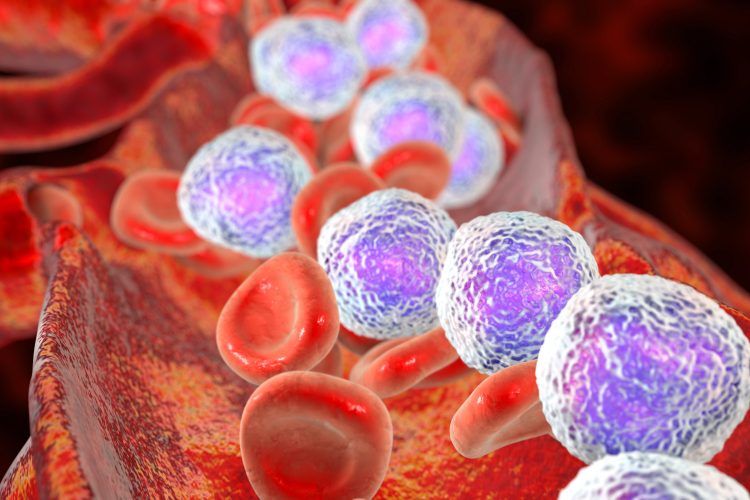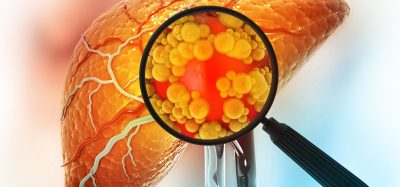Mutated blood stem cell receptors could be therapeutic targets for leukaemia
Posted: 7 February 2020 | Hannah Balfour (Drug Target Review) | No comments yet
Researchers have identified that in leukaemia, mutated receptors allow blood stem cells to activate one another without the proper signal and suggest this discovery could lead to targeted novel therapies.


Research into cell signalling has shown that in leukaemia, mutations in the cytokine receptors of blood stem cells triggers an overproduction of blood cells, causing the condition. The scientists hope this discovery will pave the way for targeted novel therapeutics in future.
In the study, published in Science, the research team discovered that while blood stem cells are normally regulated by cytokines, mutations can allow them to be activated without the correct signals, prompting the development of blood cells to spiral out of control.
The researchers used super-resolution fluorescent microscopy to study the way blood stem cells communicate with each other in real time. They observed cytokines binding to designated cell surface receptors, pairing the blood stem cells up and causing the production of blood cells. But when cells with mutations affecting these receptors were introduced, the cells paired up without cytokines and produced an imbalance of healthy platelets, white and red blood cells.
Biomarkers aren’t just supporting drug discovery – they’re driving it
FREE market report
From smarter trials to faster insights, this report unpacks the science, strategy and real-world impact behind the next generation of precision therapies.
What you’ll unlock:
- How biomarkers are guiding dose selection and early efficacy decisions in complex trials
- Why multi-omics, liquid biopsy and digital tools are redefining the discovery process
- What makes lab data regulatory-ready and why alignment matters from day one
Explore how biomarkers are shaping early drug development
Access the full report – it’s free!








